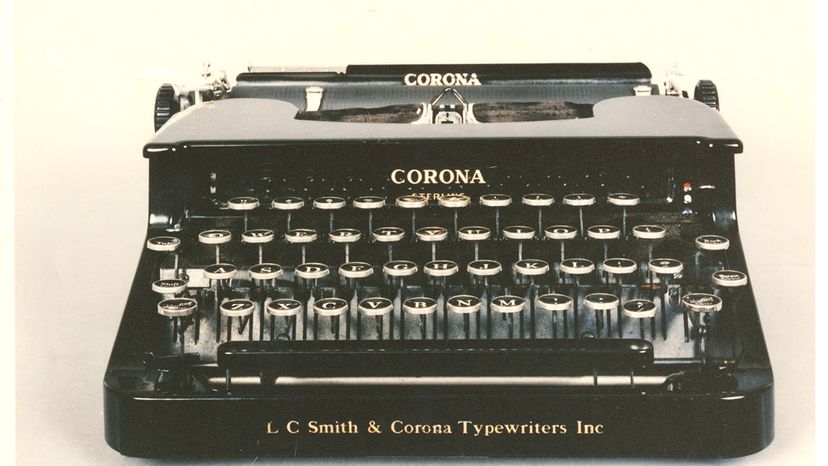
Many people, for whatever reason, have a certain fascination with serial killers. There have been tons of movies, books, podcasts and documentaries that can attest to that. But what happens when the allure turns dark? Where do we draw the line between fascination and morbid?
That's what Stuff They Don't Want You To Know hosts Ben Bowlin, Noel Brown and Matt Frederick debate in this episode of the podcast. Specifically, the guys talk about the morals and the merits of owning the grisly bits of history called "murderabilia" in "The Murky World of Serial Killer Memorabilia."
Advertisement
Psychologists say people love serial killers because they're basically "celebrity monsters" without the movies; they tap into that part of our brains that enjoys being scared. This fascination can take many forms: Some "fans" are just addicted to listening podcasts and watching documentaries, while others avidly devour true-crime novels or obsessively follow news headlines. Still others' obsessions with serial killers can turn darker, inspiring them to commit copycat crimes or even going as far as marrying a killer. A female admirer married notorious serial killer Ted Bundy, and freelance magazine editor Doreen Lioy married serial killer Richard Ramirez, aka "The Night Stalker," while he was on death row for 13 murders, five attempted murders and 11 sexual assaults.
And then there's the collectibles industry. "Murderabilia," as it's been dubbed, is a fairly hopping trade online, with items either created, or used by, the murderers, or items from the crime scenes themselves. Many pieces of John Wayne Gacy's original artwork are for sale; Ted Kaczynski's (the Unabomber) personal items were auctioned off in 2011 and netted more than $190,000; and Charles Manson's own prison dentures can be yours if you want to shell out a cool $50,000.
There are certainly reasons to collect these artifacts; museums do exist that cater to our dark fascinations. But when it comes to private traders, there is much debate against profiting off the crimes of murderers. When David Berkowitz went to prison for murdering eight people in 1976, New York enacted Son of Sam laws because movie studios were offering him hundreds of thousands of dollars to sell the rights to his story. The laws would have prevented convicted criminals from profiting off their stories. But those laws were later repealed, and still vary from state to state, keeping the murderabilia trade going.
Sites like eBay have banned sales of serial killer memorabilia until 100 years has passed, (from eBay: Violent felon items more than 100 years old, such as items related to Jack the Ripper) but of course that didn't stop the industry. New sites simply popped up and started selling items on their own. Traders also contact incarcerated serial killers directly and either pay them, take them gifts or do them favors in exchange for their things to sell online. One memorabilia trader has even been banned from visiting prisons in Texas for that very reason.
After Gacy's death, an auction was held to sell his paintings, many of which went for $10,000 or more. The buyers bought them for the sole purpose of burning them, which they did in a communal bonfire in front of some of Gacy's victims' families. But why should they have had to shell out money for the privilege?
Traders and collectors all feel that it's not that much different from collecting any item of historical significance or interest, and, that in fact, it's a First Amendment right to purchase whatever you want from whomever you want. Still, some legislators are fighting to make the practice of buying and trading murderabilia illegal, calling it insensitive and working to make sure any money generated by sensationalizing murderers is funneled to charities or the families of victims.
What do Ben, Matt and Noel think is the right answer to this debate? And what other disturbing things from serial killers did they come across for sale online? You'll have to listen to the podcast to find out.
Advertisement

